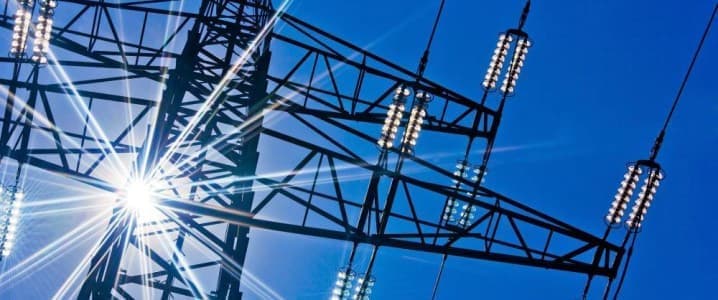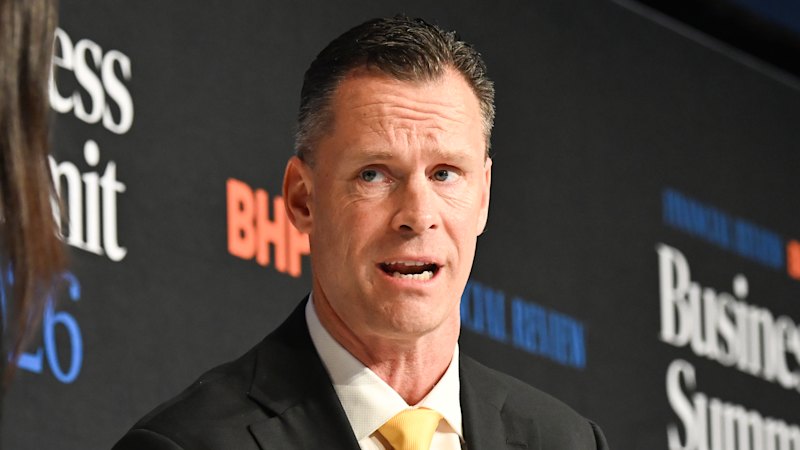
Electricity prices have surged significantly, marking a notable economic trend that demands attention. According to data analyzed by Peter Tchir of Academy Securities, the Consumer Price Index (CPI) for electricity has increased by almost 35% since 2020, a stark contrast to the less than 12% increase over the previous decade from 2010 to 2020. This dramatic rise in electricity costs could soon overshadow discussions surrounding gasoline prices.
Rising Costs and Public Awareness
While fluctuations in gasoline prices are easily noticeable due to frequent visits to fuel stations, electricity bills come monthly, often resulting in less immediate public awareness. However, Tchir suggests that as electricity inflation approaches double digits annually, this issue will likely dominate economic conversations in the coming months. “Who cares what happens to gasoline prices, if electricity is inflating by almost double digits annually?” Tchir notes, highlighting a pivotal shift in consumer focus.
This shift in attention is crucial, as rising energy costs can have widespread implications for households and businesses alike. The Tariff Revenue chart, which tracks these changes, is expected to gain even more visibility, with Tchir predicting it will become one of the most discussed topics on financial news platforms.
Opportunities in Electricity Generation
The rise in electricity prices also presents significant opportunities for the energy sector. As political focus intensifies on energy costs, new avenues for investment and development may emerge. Tchir emphasizes that while this may not immediately impact artificial intelligence (AI) expenditures, it is essential for the industry to remain vigilant. With competitors like Saudi Arabia seeking to enhance their energy production capabilities, maintaining a competitive edge becomes increasingly important.
Tchir’s insights reflect broader concerns regarding the accuracy of inflation measurements in the CPI. He suggests that the current CPI calculations may not fully capture the inflationary pressures that consumers are experiencing in their electric bills. As discussions around inflation continue, this discrepancy could lead to heightened scrutiny of how energy costs are measured and reported.
As the economy adapts to these rising electricity prices, consumers and businesses will need to remain aware of how these changes affect their financial landscapes. The discussion surrounding energy costs is likely to evolve rapidly, with significant implications for both the market and everyday life.
In summary, the surge in electricity inflation is not just a blip on the radar; it represents a significant economic shift that warrants close attention. As this issue unfolds, stakeholders across various sectors will need to navigate the challenges and opportunities presented by rising energy costs.





